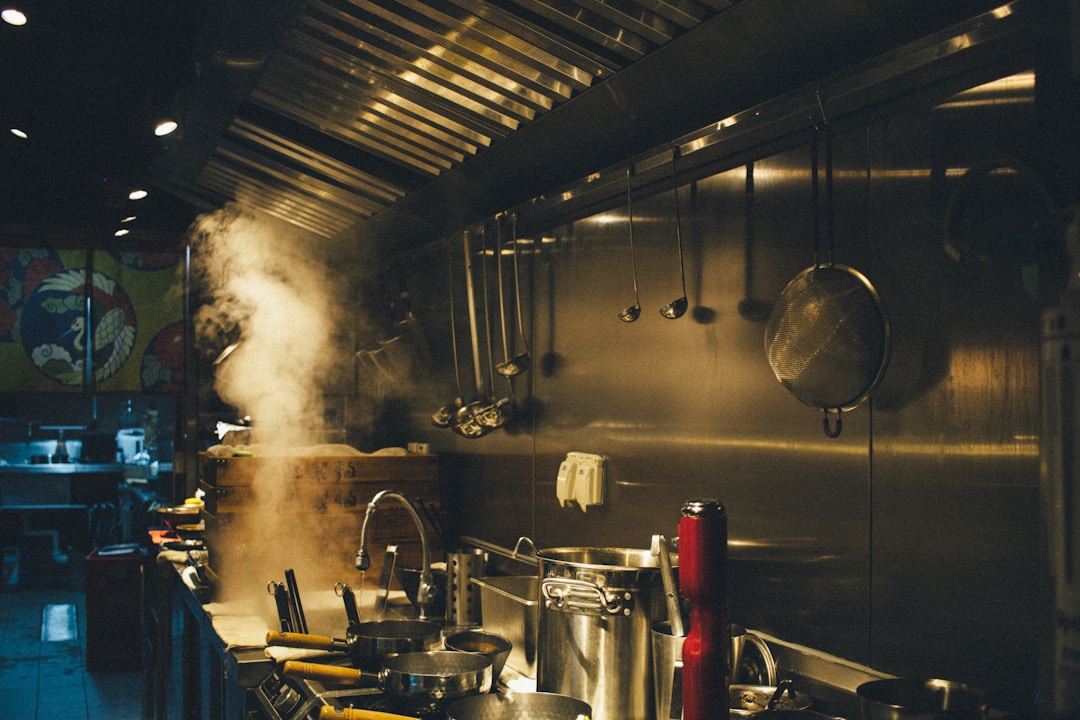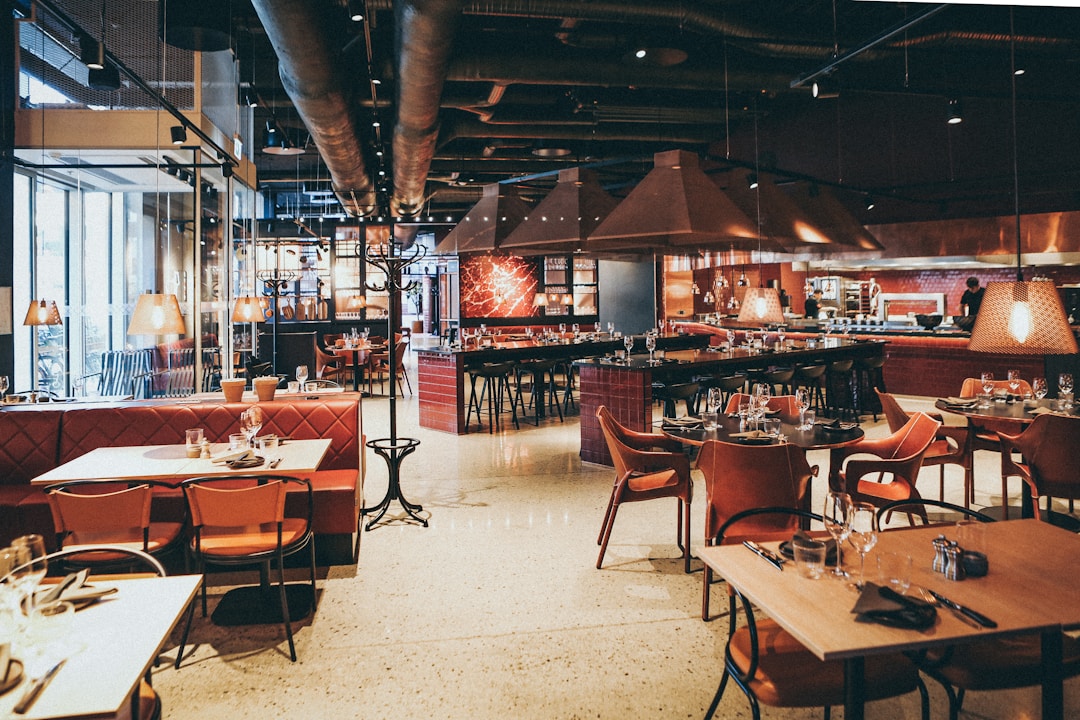Home Improvement
Commercial Kitchen Equipment: Tips for Optimal Performance

There is no doubt that running a successful commercial kitchen or restaurant requires a mix of skilled staff, efficient processes, and top-of-the-line commercial kitchen equipment. Apart from these staples, knowing how to get the most out of your equipment is essential for achieving optimal performance and productivity. In this article, we will discuss some useful tips to help you maximize the efficiency of your commercial kitchen gear. Keep reading to learn more about getting the best performance from your appliances and tools.
Table of Contents
Buying and Maintaining Your Equipment

First, you need to purchase high-quality commercial kitchen equipment for your restaurant. The kitchen is the heart of your restaurant, and having the right tools and appliances in place can make a significant difference in the success of your business. High-quality kitchen equipment can help you prepare food quickly and efficiently, and also ensure that the end result is delicious and consistent. This is especially important if you want your restaurant to stand out from others in the area. This includes commercial ovens, dishwashers, ice machines, deep fryers, and more.
Proper maintenance is required for ensuring your kitchen equipment operates efficiently and lasts a long time. Regular cleaning, both daily and deep cleaning, should be part of your maintenance routine. This not only keeps your appliances in excellent condition but also contributes to a cleaner and safer working environment. Food particles, grease, and grime buildup can cause problems if left unattended, leading to equipment malfunction, reduced performance, or even increased risk of kitchen fires.
Optimizing Energy Efficiency
As energy costs continue to rise, commercial kitchens need to find ways to lower energy consumption without sacrificing quality and performance. One practical method is investing in energy-efficient appliances certified by organizations such as ENERGY STAR. These devices are designed to minimize energy usage while still providing reliable and effective results. Furthermore, this investment can lead to lower utility bills and often makes you eligible for rebates and incentives.
Aside from purchasing energy-efficient equipment, you can also implement energy-saving strategies in your kitchen. Ensure that exhaust hoods, refrigeration units, and cooking appliances are placed appropriately, avoiding situations that force appliances to work harder and consume more energy. For instance, avoid placing refrigerators and freezers near ovens to prevent overworking the cooling systems. You could also switch to LED lightbulbs, which last longer and are more energy efficient than traditional bulbs.
Training Your Staff for Equipment Operation

Even the best kitchen equipment will fall short of its potential if the staff operating it is not adequately trained. Investing in employee training ensures your team is knowledgeable about the proper use, maintenance, and troubleshooting of the equipment. This contributes to better performance and creates a safer and more efficient working environment. Furthermore, well-trained staff can detect early signs of equipment failure or issues, preventing larger problems and potentially costly repairs. It also leads to better customer service, which is a priority for any restaurant.
Offer regular training sessions and refresher courses to keep your team up-to-date with the latest equipment advancements. Utilize manufacturer-provided resources, such as manuals, videos, or workshops, to better understand your appliances and their optimal usage. Engaging with industry professionals and attending equipment workshops or conferences are also invaluable sources of knowledge and best practices.
Evaluating and Upgrading Your Equipment

Commercial kitchen equipment has evolved over the years, with new advancements resulting in more efficient appliances. As your business grows or industry standards begin to change, evaluate the performance and relevance of your existing equipment. Upgrading to modern appliances keeps your kitchen up-to-date and yields increased productivity, energy savings, and improved performance. Perform regular equipment audits to identify underperforming or outdated appliances.
Consider various factors—such as energy consumption, performance metrics, and maintenance costs—when deciding whether to replace or upgrade a piece of equipment. Consult industry professionals to determine the best course of action and invest in equipment that aligns with your business needs and goals. Strategic investments in your commercial kitchen equipment can lead to increased efficiency and profitability in the long run.
As you can see, optimizing the performance of your commercial kitchen equipment hinges on proper maintenance, energy efficiency, staff training, and timely upgrades. Following these guidelines and investing in top-quality appliances establishes the foundation for a thriving, successful commercial kitchen operation. If you stick to the advice in this article, then you can be sure that your restaurant will provide delicious food and top-notch service for years to come.

-

 Health6 years ago
Health6 years agoAdvantages and Disadvantages of Milk
-

 Tech4 years ago
Tech4 years ago6 Tips to Improving E-Commerce Websites
-

 Home6 years ago
Home6 years agoAdvantages and Disadvantages of Village Life in Points
-

 Travel5 years ago
Travel5 years agoAdvantages and Disadvantage of Travelling
-

 Sports4 years ago
Sports4 years agoThe benefits of playing an online live casino
-

 Tech6 years ago
Tech6 years ago10+ Advantages and Disadvantages of Mobile Phones in Points
-

 Tech5 years ago
Tech5 years agoEssay on Advantages and Disadvantages of Offline Shopping
-

 Tech5 years ago
Tech5 years ago8+ Advantages and Disadvantages of Motorcycle |Having Bike